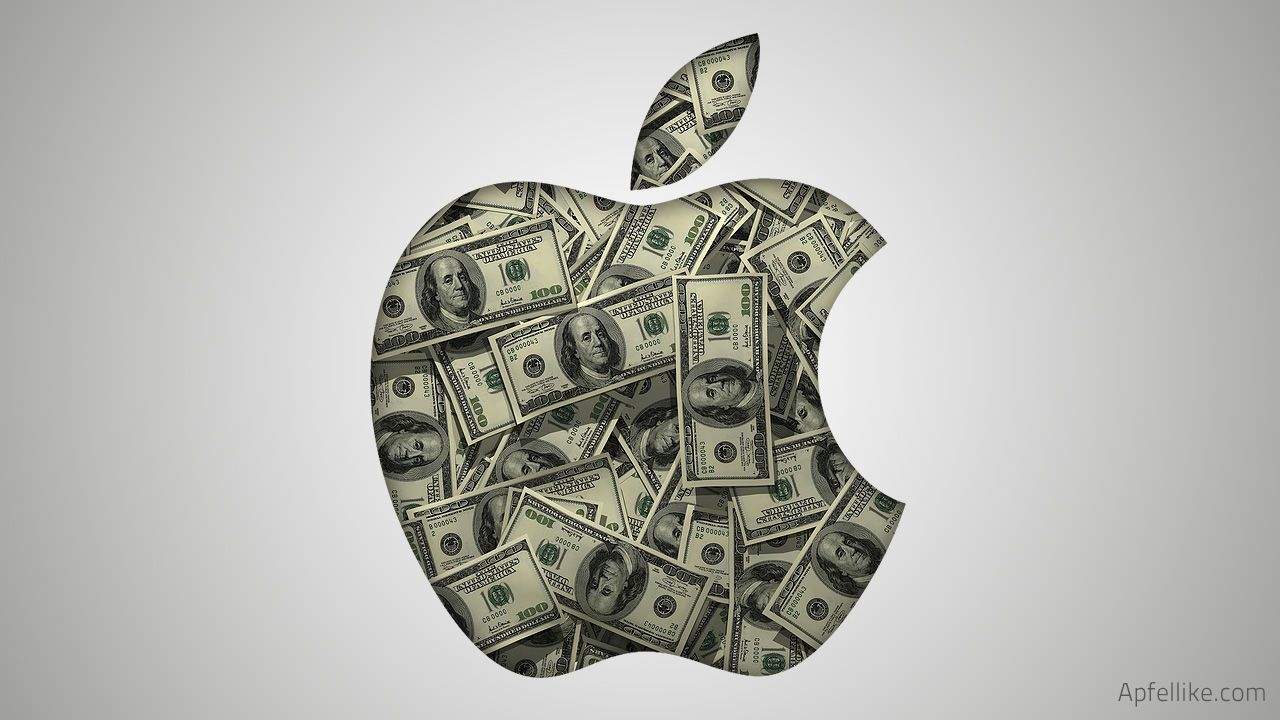 December 6, 2000: Apple Computer’s stock price falls after the company posts its first quarterly loss since Steve Jobs’ return to Cupertino in 1997.
December 6, 2000: Apple Computer’s stock price falls after the company posts its first quarterly loss since Steve Jobs’ return to Cupertino in 1997.
Shares tumble $3 to just $14 a share as doom-predicting pundits worry that the big Apple comeback might come screeching to a halt. Little did they know …
Apple earnings: Trouble in paradise?
The earnings dip Apple suffered in late 2000 should serve as a reminder to anyone who thinks Jobs’ tenure as Apple CEO rolled along without any problems. This temporary fall from grace came after AAPL shares hit an all-time, split-adjusted high of $75.19 on March 23, 2000.
Multiple factors fueled Apple’s staggering $195 million quarterly loss.
One of the biggest reasons? The bursting of the tech bubble. Jobs benefitted from the insanely high value of tech stocks early on when the Netscape public offering helped prompt the Pixar IPO (which turned Jobs into a billionaire). However, when the bubble began to deflate, Apple felt the effects like most other tech companies.
Reason No. 2: Apple’s December 6 stock decline followed Federal Reserve Chairman Alan Greenspan’s acknowledgment that the wider economy was slowing. That prompted speculation that an interest cut might follow.
Power Mac G4 Cube disappoints
A third reason could be attributed directly to Apple: the commercial flop of the Power Mac G4 Cube. A beautiful piece of hardware, it failed because it was too pricy, too difficult to upgrade, and not powerful enough. Sales did not meet expectations, contributing to Apple’s poor quarterly earnings. In a press release, Apple described these as “disappointing” results that came in “substantially below expectations.”
The miserable quarter also came as the previously booming PC industry began to lose steam.
“The swift industry-wide decline in PC sales will result in Apple’s first non-profitable quarter in three years,” Jobs said in a press release. “We’re not happy about it, and plan to return to sustained profitability next quarter. We are committed to reducing our channel inventories to normal levels by the end of this quarter, and remain very excited about the new products and programs Apple will be rolling out in 2001.”
The best was yet to come for Apple stock
People who chose to unload their Apple stock after the decline probably kicked themselves the following year. In 2001, Apple began firing on all cylinders. The company introduced the new titanium PowerBook G4 and shipped the revolutionary Mac operating system, OS X.
Apple also launched iTunes and introduced the iconic iPod. And, perhaps most importantly, it redefined the role of the PC with Jobs’ innovative “digital hub” strategy, which placed the Mac at the center of consumers’ increasingly tech-filled lives..
In fact, with the exception of 1984 (the year the Mac debuted) and 2007 (when iOS and the iPhone shipped), 2001 went down as one of the most creative years in Apple’s history. And it set up Cupertino for decades of outrageous success to follow. These days, Apple’s market cap exceeds $3 trillion, making it the most valuable publicly traded company in the world.


